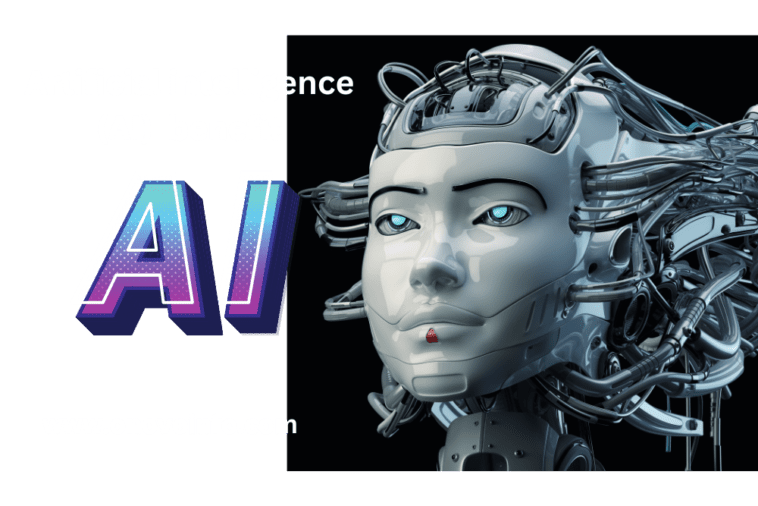Artificial intelligence (AI) has transformed several sectors and provided countless advantages to humanity. In this post, we will look at how AI has benefited humanity, including how it has improved healthcare, education, safety, and convenience. We will also investigate the potential of AI to alleviate some of humanity’s most pressing issues.
The advantages of AI on humans have been extensively investigated and documented. According to a PwC research, AI might contribute $15.7 trillion to the global economy by 2030. According to another World Economic Forum research, AI might produce 2.3 million new employment by 2020.
Healthcare is one of the areas where AI has provided major advantages to humans. AI may assist healthcare practitioners with illness diagnosis, treatment, and management. For example, AI-powered medical imaging may diagnose cancer and other disorders sooner and more precisely than human radiologists. AI may also assist healthcare providers in developing individualized treatment strategies by evaluating patient data and medical history.
AI has also aided schooling. AI-powered chatbots may assist kids with homework by delivering individualized learning experiences. AI may also assist instructors in developing better teaching materials and lesson plans by evaluating student data and offering insights into student performance.
Another area where AI has benefited humans significantly is safety. AI-powered surveillance systems can identify possible threats and inform authorities in real-time. AI may also assist emergency services in responding more swiftly and efficiently to catastrophes and accidents by giving real-time data on the situation.
Humans have also benefited greatly from AI. AI-powered virtual assistants may aid users with activities such as arranging appointments, making bookings, and managing money. AI may also help organizations enhance their operations by analyzing data and offering insights into consumer behavior and preferences.
The healthcare business is one example of how AI has benefited people. AI-powered medical imaging may identify illnesses and anomalies early and more precisely than human radiologists. According to Stanford University research, an AI system designed for the identification of skin cancer obtained an accuracy level of 95%, compared to 86% for human dermatologists. AI-powered virtual nurses may also assist patients with chronic illnesses in managing their symptoms and adhering to treatment schedules, resulting in improved health outcomes.
Figure 1 depicts the predicted growth of the global AI healthcare market from 2018 to 2025. As we can see, the market is predicted to develop at a compound annual growth rate of 39.7%, reaching $27.6 billion by 2025.
To summarize, AI has provided major advantages to humans in a variety of fields, including healthcare, education, safety, and convenience. AI may assist healthcare practitioners with illness diagnosis, treatment, and management. It may also provide students with individualized learning experiences and instructors with improved teaching materials and lesson plans. AI can assist identify possible hazards and offer real-time data on situations, resulting in improved safety results. AI-powered virtual assistants may also aid users with chores such as organizing appointments, making bookings, and managing money. The predicted rise of the worldwide AI healthcare market demonstrates that AI will continue to be a prominent force in the future, delivering more advantages to people.




